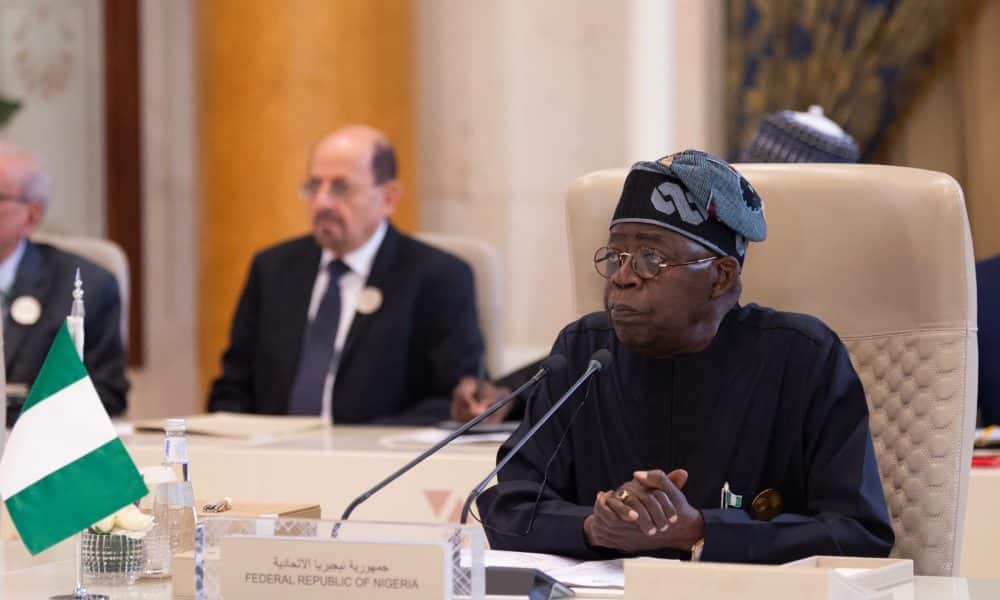Nigeria’s Labour Unions Urge President Tinubu to Reverse Economic Policies and Ease Economic Burden on Citizens
Naijawebinfo reports that the National Union of Shop and Distributive Employees (NUSDE) has called on President Bola Ahmed Tinubu to reconsider policies on the floating of the national currency and rising energy costs, citing the need to alleviate the economic hardship faced by Nigerians and businesses.
At the 6th Quadrennial and 13th National Delegates Conference of the NUSDE in Ibadan, Oyo State, the union’s president, Aminu Megbontowon, highlighted the significant challenges posed by the current economic climate.
The NUSDE president pointed out that the high cost of energy has severely impacted production, services, and workers’ welfare, citing the soaring prices of petroleum products, which now exceed N1,000 per liter, and the increased electricity tariffs, which have risen from N68 to N227.
Megbontowon emphasized that these costs are unsustainable for Nigeria, an oil-producing nation, especially when the purchasing power of its citizens remains alarmingly low. He warned that the rising costs of production and living are driving many Nigerians into poverty, resulting in widespread job losses and the collapse of numerous businesses.
The NUSDE president called for urgent government intervention, including the reversal of deregulation policies and the reduction of energy costs. He also urged the President to end the devaluation and floating of the Naira, which has made imported goods and raw materials unaffordable.
“Nigeria’s economy needs cheaper energy, single-digit interest rates, and basic infrastructure to support production and services industries. The government must also embark on an ambitious industrialization plan to grow the economy,” Megbontowon stated.
Other demands include drastic cuts in electricity and petroleum product prices, affordable lending rates, and massive investments in infrastructure such as roads, refineries, schools, and hospitals to boost economic productivity and improve the quality of life for Nigerians.
If these pressing issues are not addressed, the union has warned that it could lead to further economic deterioration and increased hardship across the nation.



